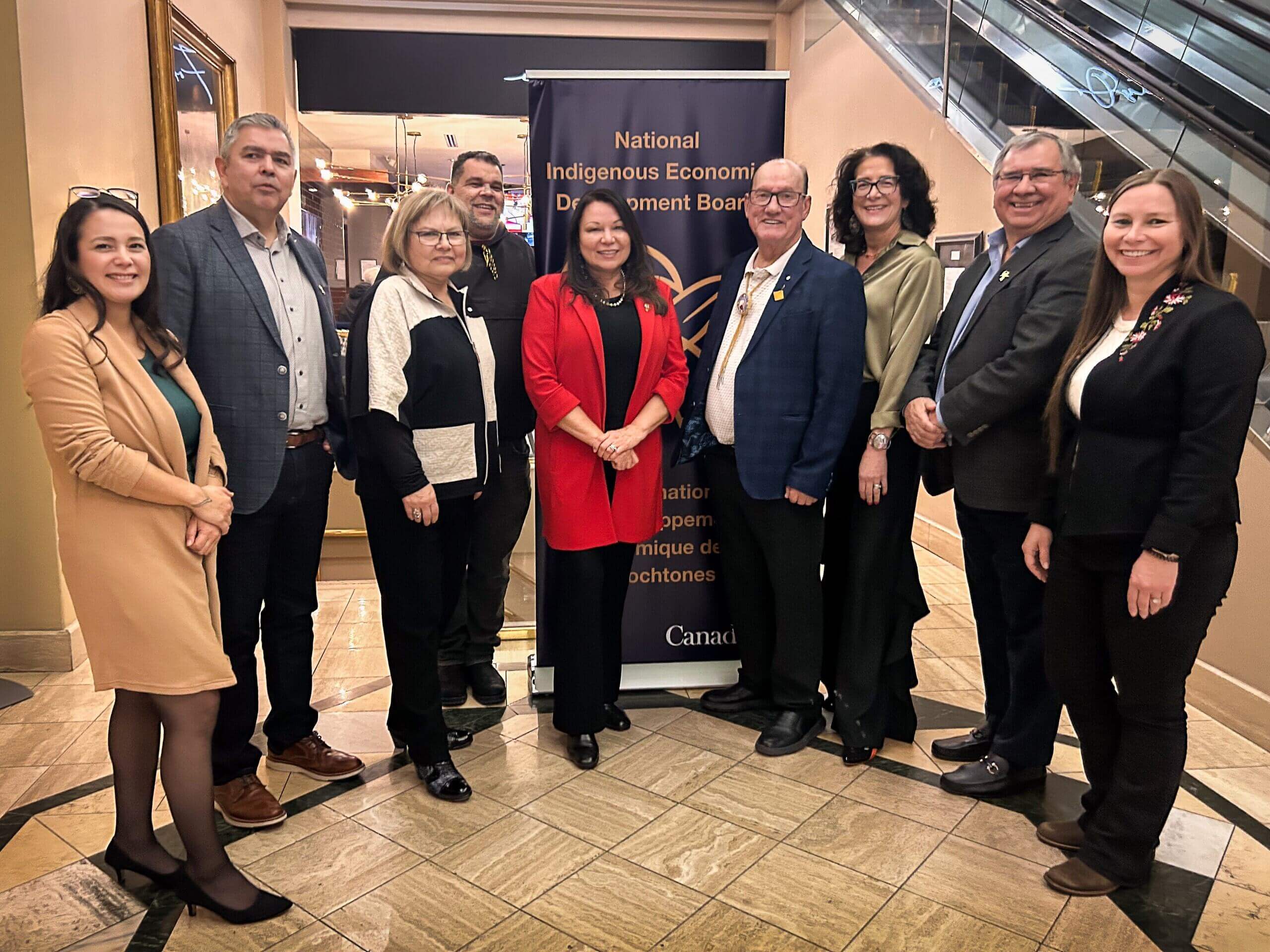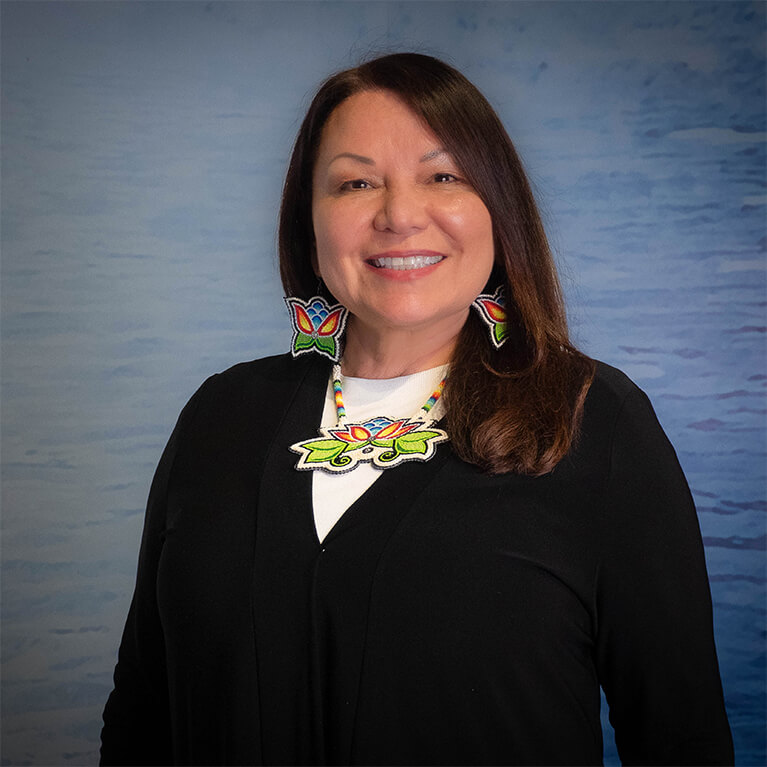About Us

NIEDB Meeting in Ottawa, Ontario, December 2024: Left to right: Crystal Martin, Michael Bonshor, Dr Marie Delorme, Andy Moorhouse, Dawn Madahbee Leach, Chief Terry Paul, Victoria LaBillois, Bob Dickson, Danielle Levine.
Absent Board Members: Sandra Sutter, Maxime Vollant.
The National Indigenous Economic Development Board is a Ministerial appointed board, established in 1990. The Board’s mandate is to provide strategic policy advice to the federal government on Indigenous economic development in Canada.
NIEDB members are First Nations, Inuit, and Métis business and community leaders from across Canada. This diversity of knowledge and perspective helps governments consider and respond to the unique needs and circumstances of Indigenous Peoples from coast to coast to coast.
The Board’s vision is of Indigenous economic self-sufficiency and socio-economic equality with the rest of Canada. Our mission is to support Indigenous economic inclusion and opportunity and to empower Indigenous Peoples to have a voice in government policy.
The Board believes that Indigenous economic development is critical to the renewal of the nation-to-nation relationship between Canada and Indigenous Peoples based on respect, cooperation, partnership and recognition of rights.
